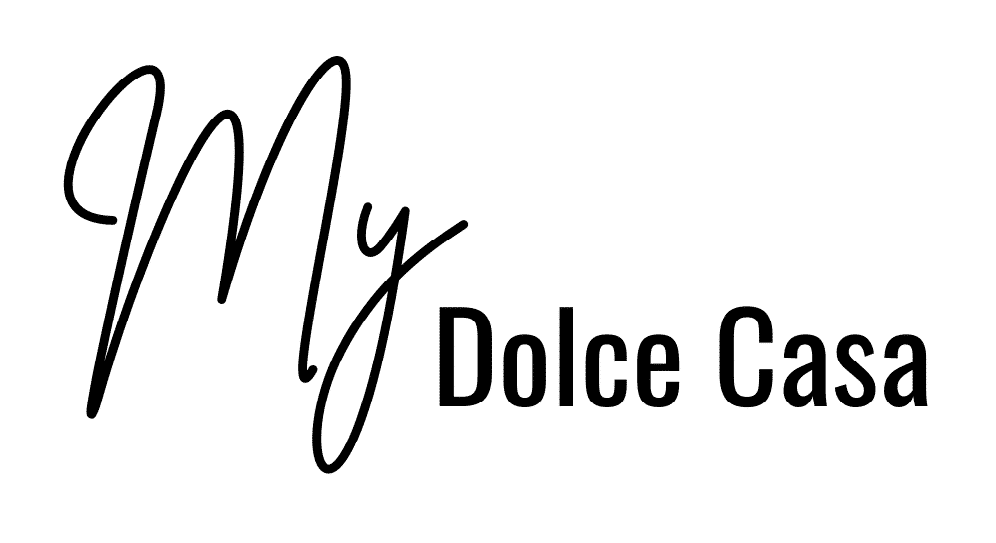Great news for digital nomads who want to live in Italy! The long-awaited Italy digital nomad visa program has officially started on April 4, 2024.
Here’s what you need to know:
- The digital nomad visa is being managed under Article 27 of Italy’s immigration code, which means it is aimed at attracting highly skilled remote workers.
- To qualify, applicants must have an annual income of at least €28,000 (around $30,000) and provide proof of valid health insurance for the duration of their stay.
- Applicants must also submit a declaration signed by their employer and a self-certification of no criminal convictions in the past 5 years.
- The digital nomad visa allows holders to bring their immediate family members (spouse and children under 18) with them to Italy.
As of April 4, 2024, applications are now being accepted for Italy’s digital nomad visa. Interested applicants need to book an in-person appointment at an Italian consulate in their country of residence.
The key requirements to qualify for the visa that will allow you to work as a digital nomad and live in Italy are a high income threshold, proof of health insurance, a clean criminal record, and an in-person application process at an Italian consulate. The visa offers the ability to bring family members and work remotely in Italy.

The origins of the digital nomad visa in Italy
Italy first announced plans to introduce a digital nomad visa in 2022, as part of the country’s efforts to attract more remote workers and highly skilled global talent. The digital nomad visa was officially approved and signed into Italian law on March 28, 2022, though details on the program were still being finalized at the time. The visa is being managed under Article 27 of Italy’s immigration code, which targets the attraction of highly skilled workers to the country.
Italy’s goals with the digital nomad visa program
Italy’s digital nomad visa is aimed at capitalizing on the rise of remote work and making the country an attractive destination for global digital nomads. By offering a dedicated visa program, Italy hopes to boost its economy and attract a new pool of highly skilled, location-independent workers who can contribute to local businesses and communities.
The visa is seen as a way for Italy to adapt to the changing nature of work and position itself as a hub for remote professionals seeking a desirable European lifestyle.
Visa program timeline
While the implementing decree for the digital nomad visa was signed in March 2022, there was initially no firm date announced for when applications would officially open.
As of April 4, 2024, applications are now being accepted for Italy’s digital nomad visa, with interested applicants required to book an in-person appointment at an Italian consulate.
The exact launch timeline remained unclear for some time, but the visa is now officially available as of early 2024 for digital nomads.

Documents needed to apply
- Valid passport
- Passport-sized photos
- Proof of employment/remote work (e.g. contract, pay stubs, etc.)
- Proof of meeting the minimum income requirement of €28,000 per year
- Proof of comprehensive health insurance valid in Italy
- Criminal background check certificate showing no convictions in the past 5 years
- Declaration signed by your employer (if employed)
How to apply
You need to book an in-person appointment at an Italian consulate in your country of residence to submit your application. The application process involves filling out the official visa application form and submitting the required documents. You will also need to pay the visa application fee, which is typically around €125.
After submitting your application, you will need to wait for the Italian authorities to process and approve your digital nomad visa. The processing time can take a few weeks, though the exact timeline is not clearly specified.
Once your digital nomad visa is approved, you can receive and activate it. The visa is initially valid for 1 year, with the possibility of annual renewals as long as you continue to meet the requirements.
It’s important to note that the application process and requirements may be subject to change, so it’s recommended to check the latest information on the Italian government’s official website or consult with an immigration lawyer before applying.

